Research topics
Life Cycle Assessment | Modular Housing
Dynamic Life Cycle Assessment | Carbon
Service Life Prediction in Life Cycle Assessment
End-of-Life modeling in Life Cycle Assessment
Human-Robot Collaboration In Construction
Life Cycle Costs | Evidence-Based Design
Life Cycle Assessment |Urban Scale
Life Cycle Assessment | Design Pedagogy
Current Research
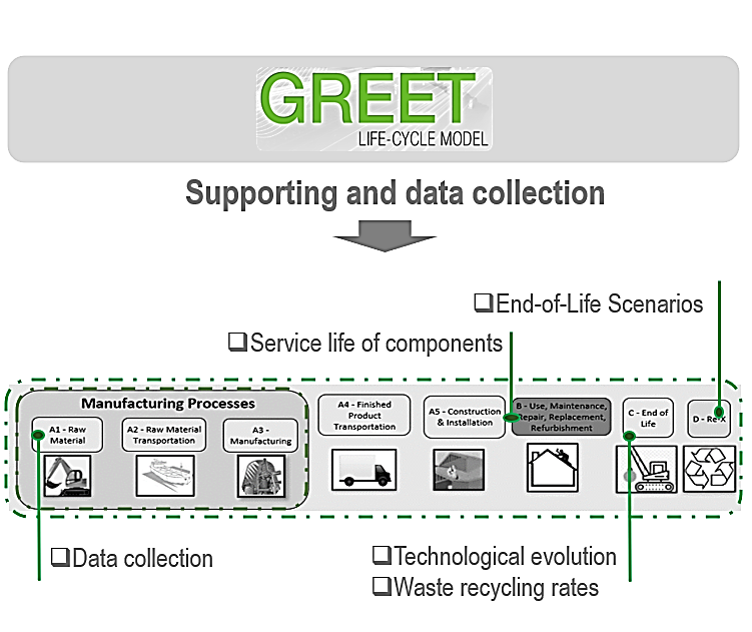
Residential Whole Building Life-Cycle Analysis
Argonne National Laboratory
The focus of the research is to improve whole-building life-cycle analysis in GREET Building LCA to evaluate potential Greenhouse Gas (GHG) impacts of the residential building life cycle including construction, material durability and replacement requirements, and end-of-life of typical and advanced technology alternative solutions. This project is in partnership with the Energy Systems Division of Argonne National Laboratory.
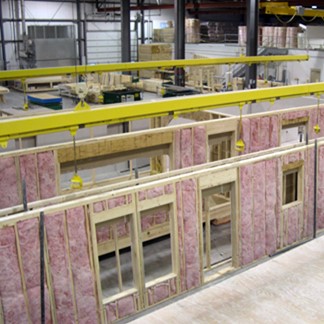
Carbon Emissions in Modular Houses
Life Cycle Assessment in Modular Housing
This goal of this study is to use life cycle assessment analysis to compare greenhouse gas emissions of modular and on-site built homes. The study aims to recommend measures, methods and strategies to reduce the carbon footprint of modular homes.

Healthcare Facility Design
Evidence-Based Design in Healthcare Facilities
The aim of this research is studying the impacts of Evidence-Based Design (EBD) strategies on the human and organizational outcomes in healthcare facilities. The financial benefits of the design strategies and building components on occupants are not incorporated into the organization annual capital and operating budgets.

A Spatio-temporal Life Cycle Assessment Framework
LCA Framework of Residential Building in Urban Scale
Population growth and urbanization increase the primary energy demand of buildings and infrastructure. This research is about the energy demand of building stocks and building performance forecast impact assessment, it helps decision support in sustainable planning.
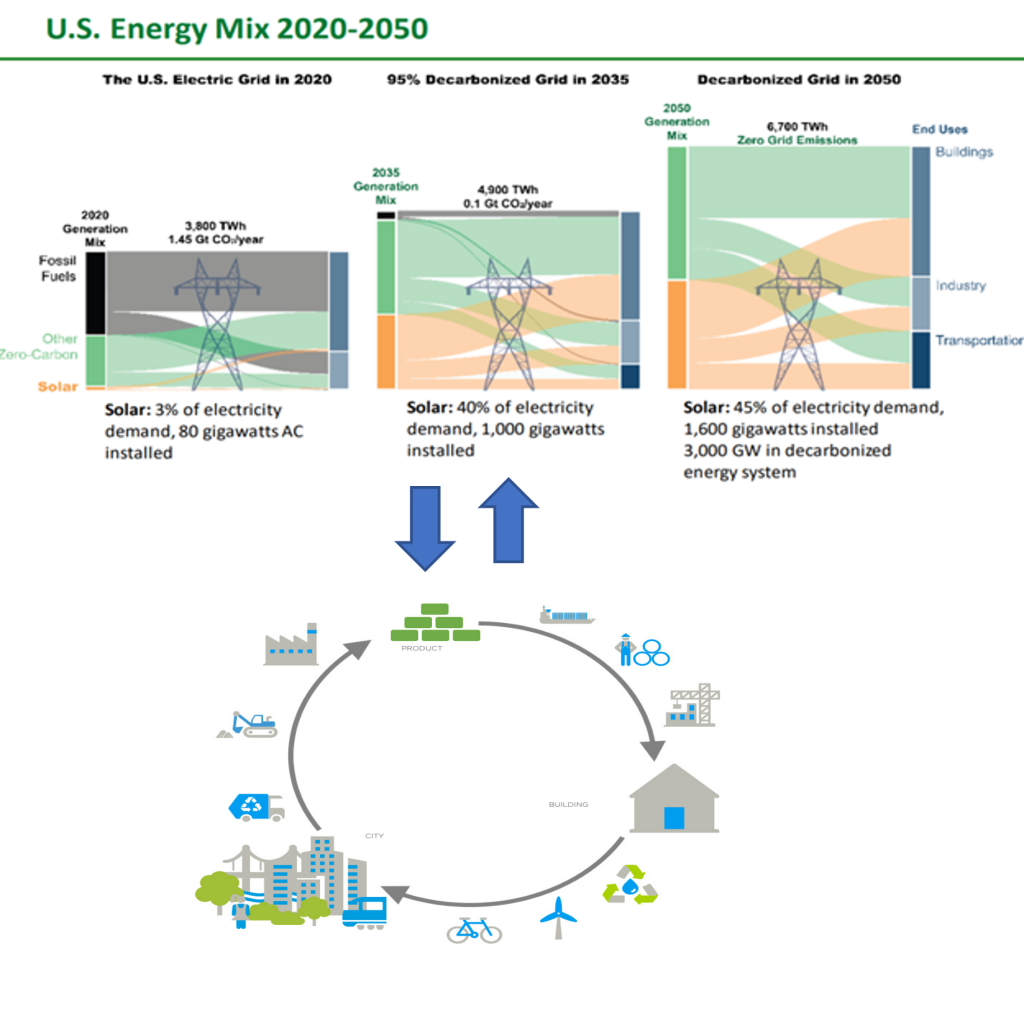
Decarbonization of Future Buildings
Dynamic Life Cycle Assessment
Clean energy such as solar technology is providing cost-effective means for decarbonizing U.S. electric generation. This study explores how electrification could enable a low carbon grid to enable decarbonization of future buildings. this study aims to evaluate the dynamic life cycle assessment of buildings to address how to integrate future developments related to carbon emissions and climate change.

Developing an interactive and Dynamic LCA Framework for Buildings
Optimizing the Building Design Process in Architecture
The research focuses on developing an LCA framework based on building materials for environmental decision making and the optimizing of building design processes. The research aims to boost the construction of a sustainability-based ecosystem by decreasing the environmental impacts of buildings during the design stage and by creating a medium between architectural education and architecture praxis in Turkey.
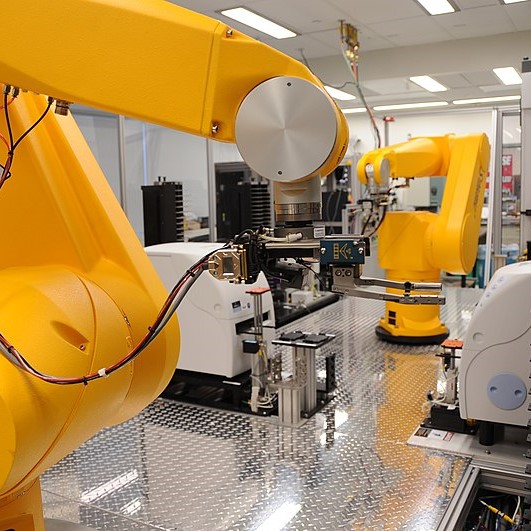
Future of Construction Work at the Human-Technology Frontier
Human-robot Collaboration in Construction
The application of robotic technologies in the construction industry has the potential to improve productivity, reduce serious injuries, and increase cost and schedule reliability in project delivery. Human-robot collaboration (HRC) represents a new operating model for the construction industry that can affect the design of work tasks and the role of human workers.
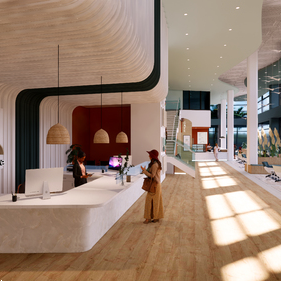
LCA and LCC of Materiality
Life Cycle Assessment and Life Cycle Costs in Healthcare Design
This research is focused on evaluating environmental and economic aspects using Life Cycle Assessment and Life Cycle Costs techniques to explore these two pillars of sustainability of finish materials used in healthcare settings. This investigation is part of the Master of Science in Construction Management of Teresa Zhou.

Climate Resiliency in the Built Environment
Climate Resiliency in the Built Environment
Conducting research on climate resiliency in the built environment and heavy/highway construction.
Past Projects
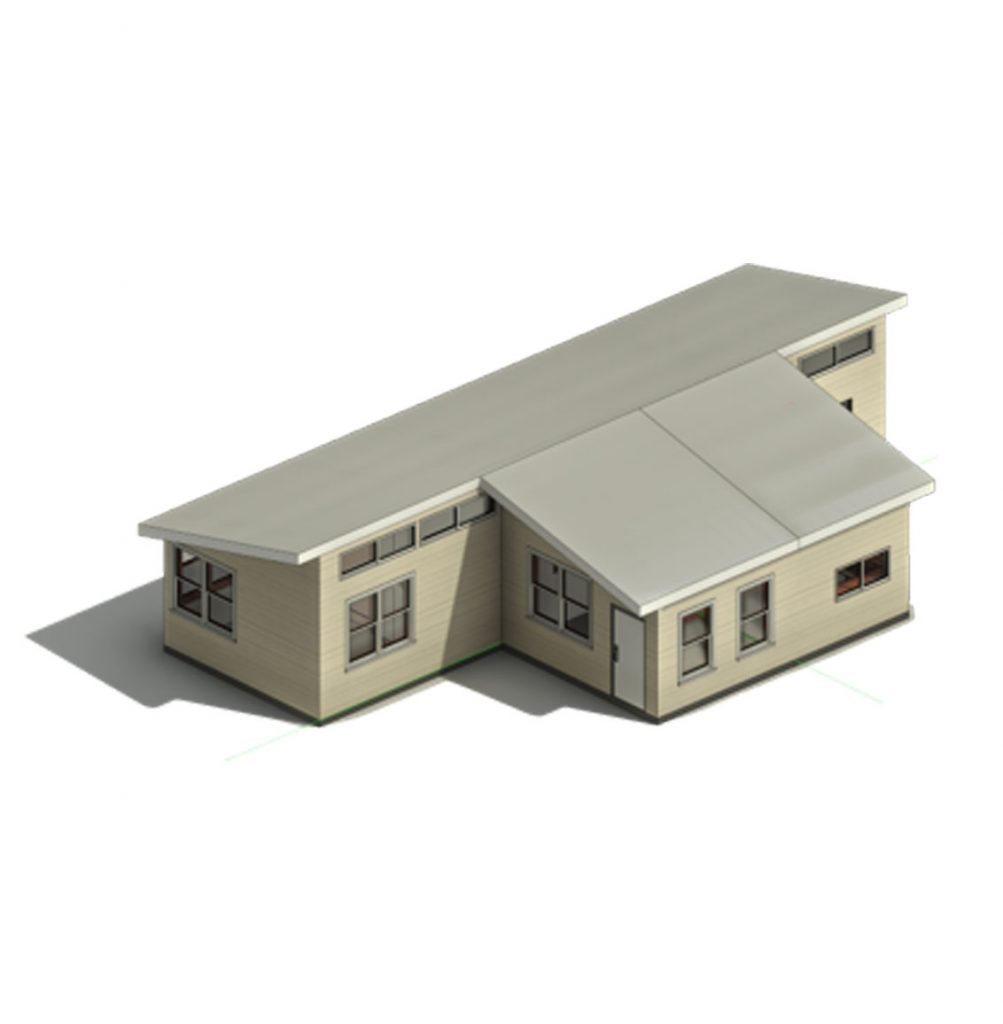
2019 – 2021
Advanced Modular Housing Design
This research focused on How the Advanced Modular Housing Design Can Help Provide Solutions. The Major Objective Is to Collaborate with The Industry to Develop A Technology and Process Roadmap That Will Enable Them to Adopt Advanced Technologies in The Design of Resilient Homes Which Incorporate Cutting Edge Technologies and That Would Serve as Post-Disaster Housing.
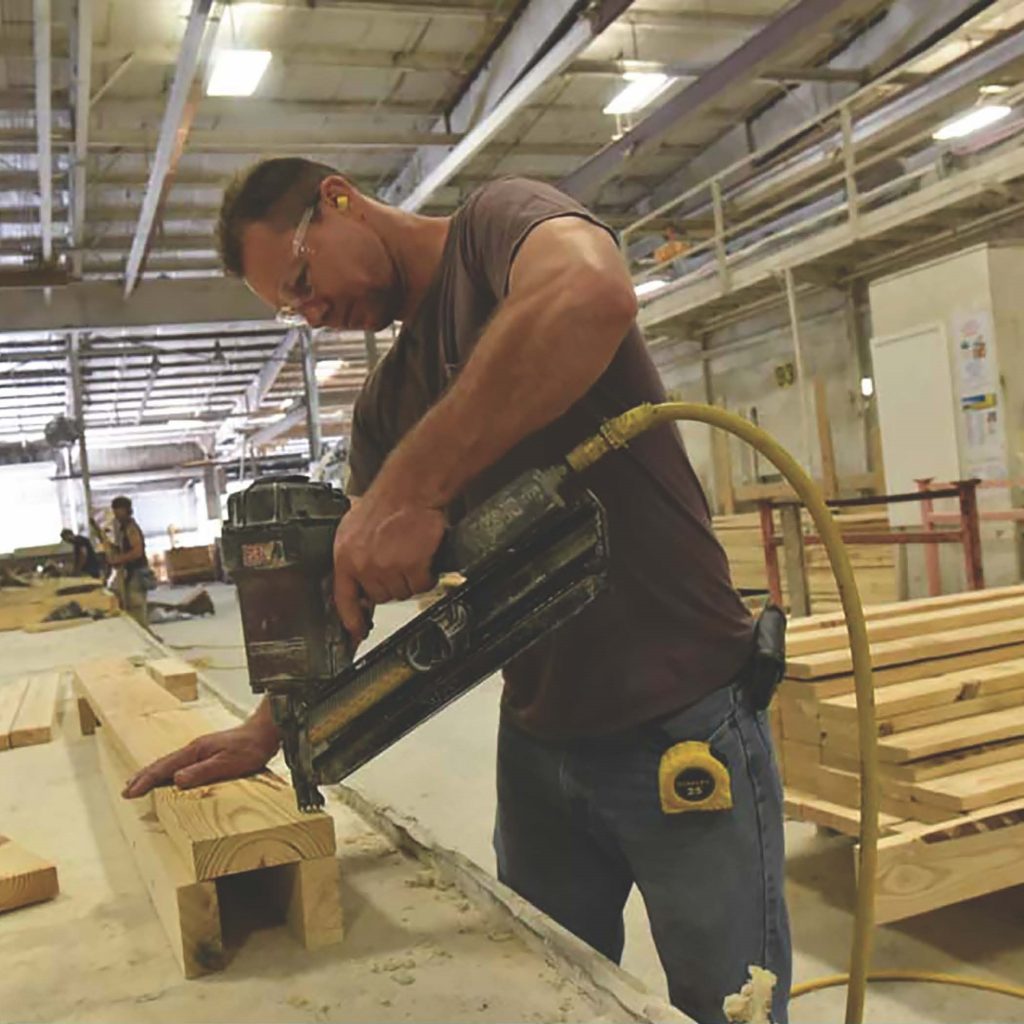
2015 – 2018
TRAMCON: Training for Manufactured Construction
Training for Manufactured Construction (TRAMCON) is a program designed to provide a vetted, educated and trained workforce for the manufactured/ modular housing industry. TRAMCON is designed to be delivered by community and state colleges that are typically engaged in workforce training. The consortium is made up of four public Florida colleges; industry associations; Florida CareerSource workforce investment boards; and local employers. The material was funded in whole by a $9.9M TAACCCT grant awarded by the U.S. Department of Labor’s Employment and Training Administration.
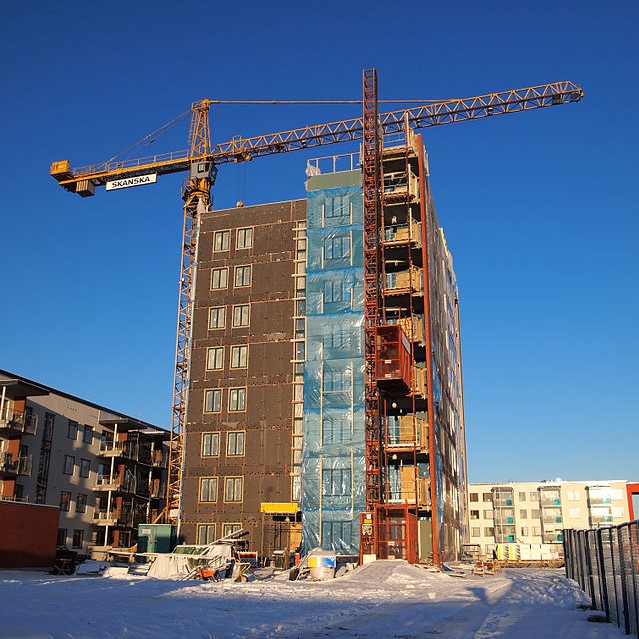
2016 – 2017
Construction Workforce Taskforce
Construction Workforce Taskforce has been established via state legislation to address the shortage of skilled craftspeople and inspectors training in Florida. The Taskforce discussed and recommended methods for craft workers and inspectors in the state of Florida.
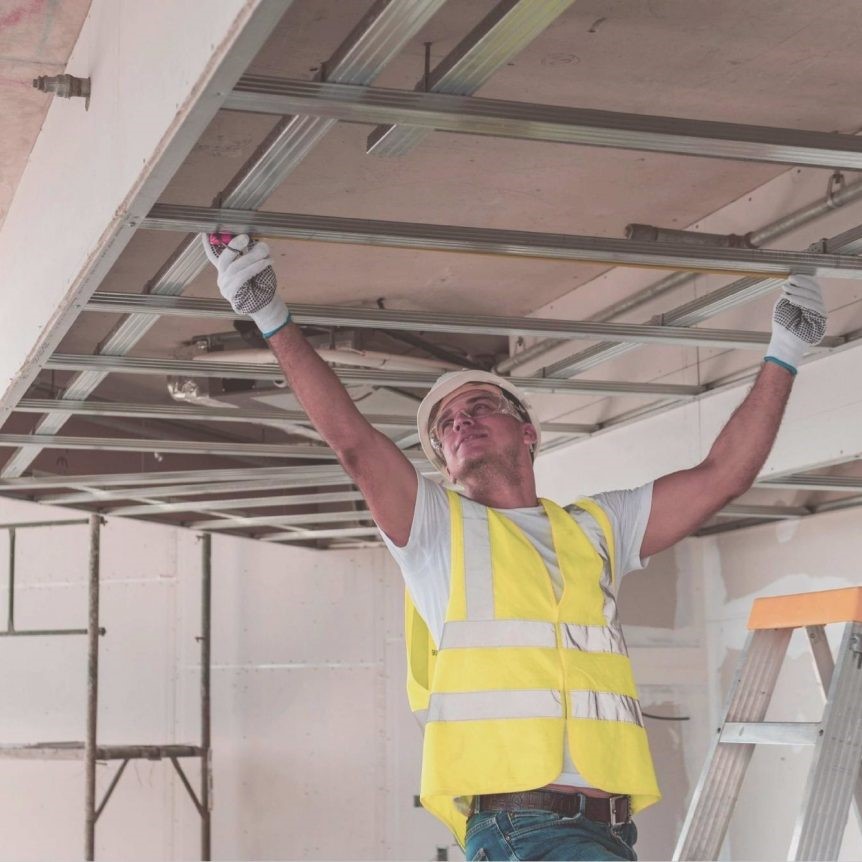
1999 – 2002
Deconstruction
Conducted by the UF Powell Center for Construction and Environment, deconstruction provides an unique opportunity to see how buildings go together, by taking them apart, to gain experience with a job-site environment, and to help protect the natural environment and serve the community, by making materials available for reuse.
Ft. Campbell Deconstruction Analysis

1999
The Depot Avenue
The Powell Center for Construction and Environment was working with the US EPA’s Sustainable Development Challenge Grant program in assisting the City of Gainesville in planning for the future of this area. The Center seeks to educate about and implement sustainability principles in the Gainesville/Alachua County community. It was a partner in the realization of the “Bicyclist Safety Memorial,” adjacent to the Depot Rail to Trail and the Depot building constructed in November 1997.
